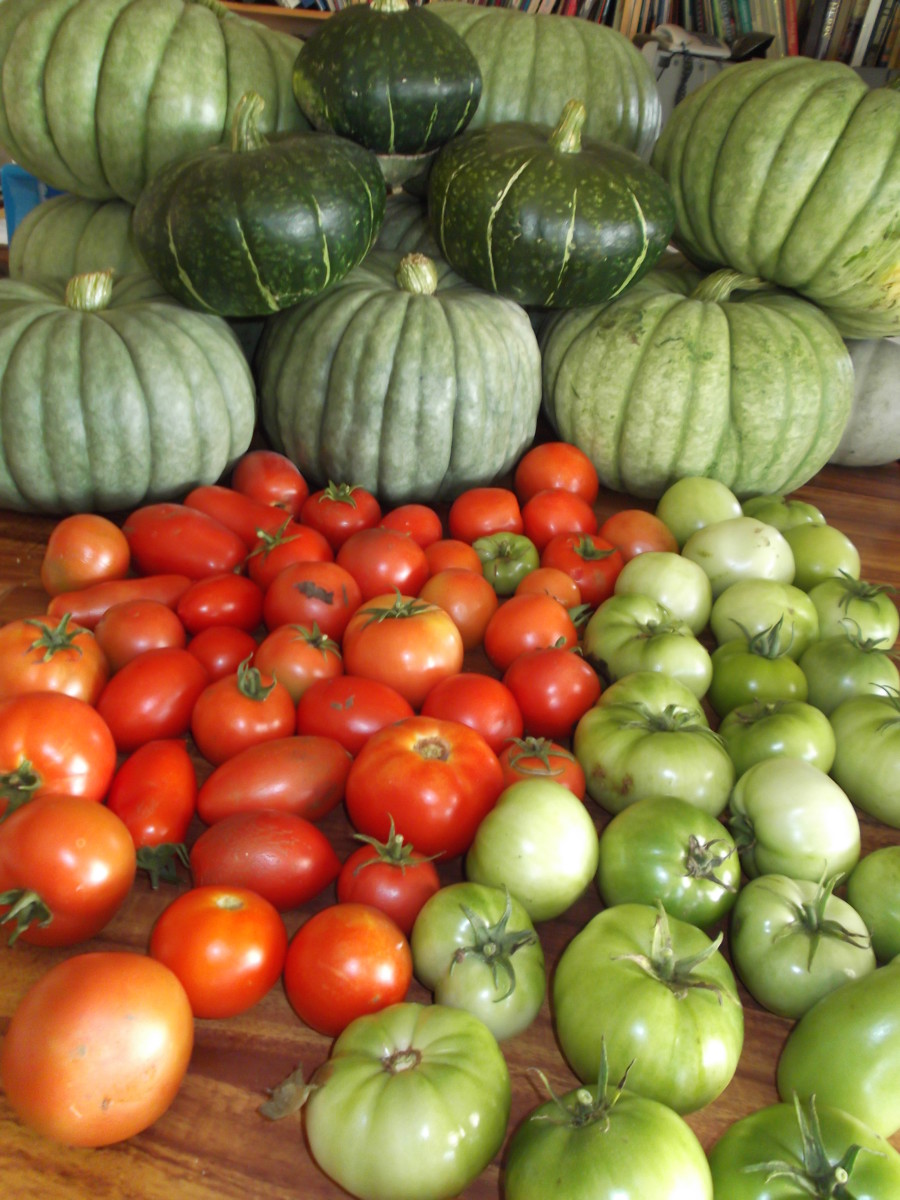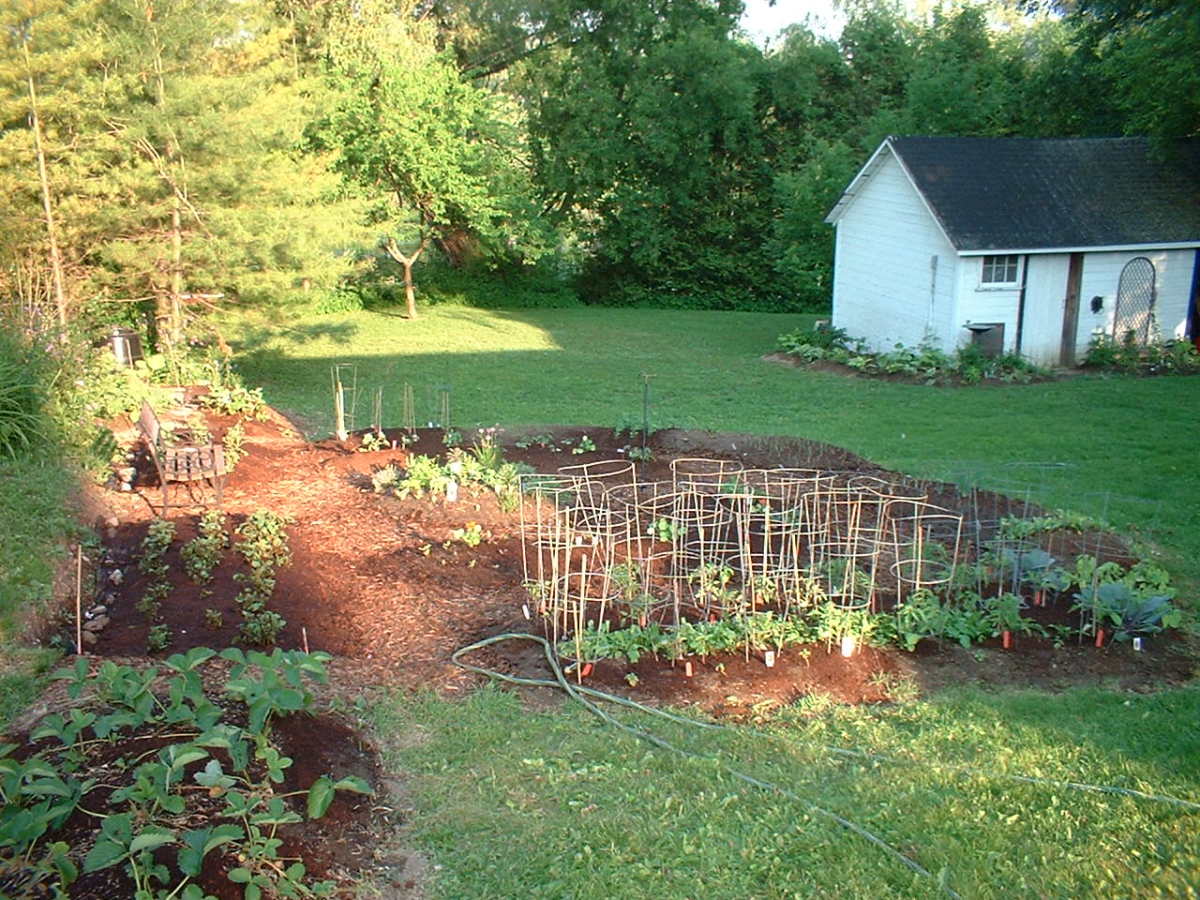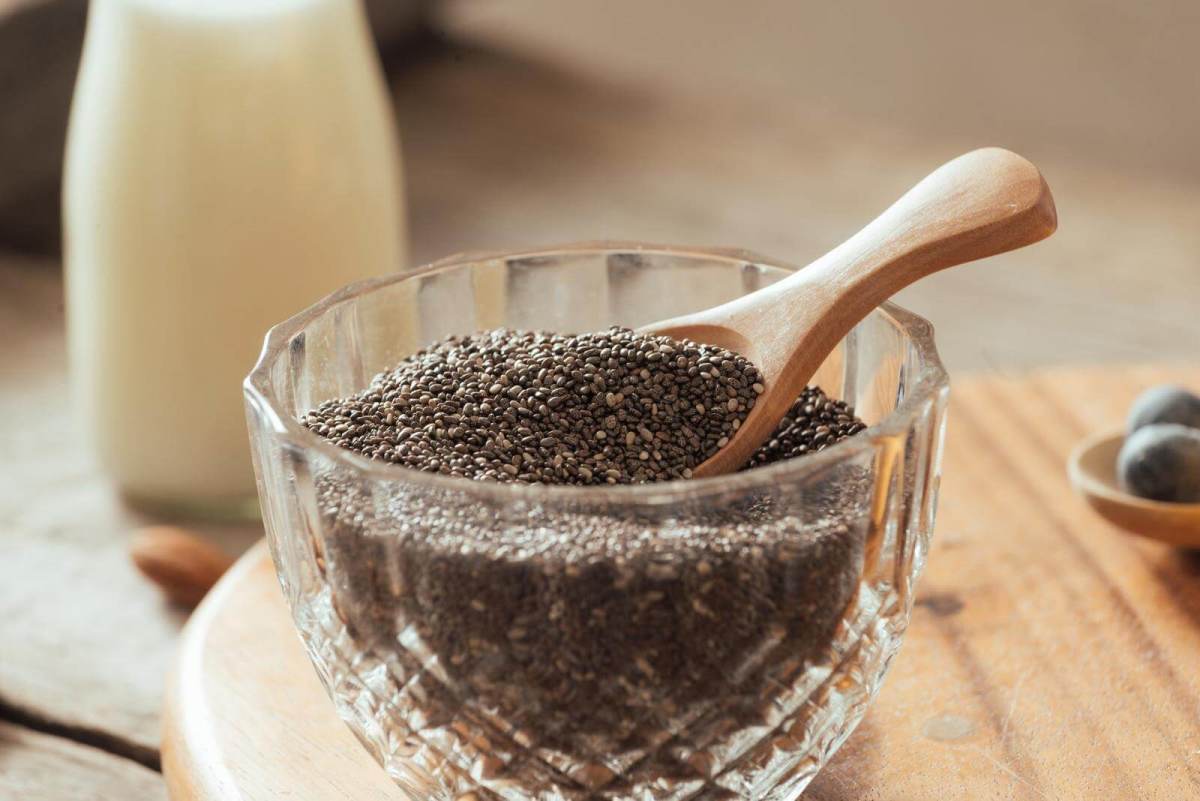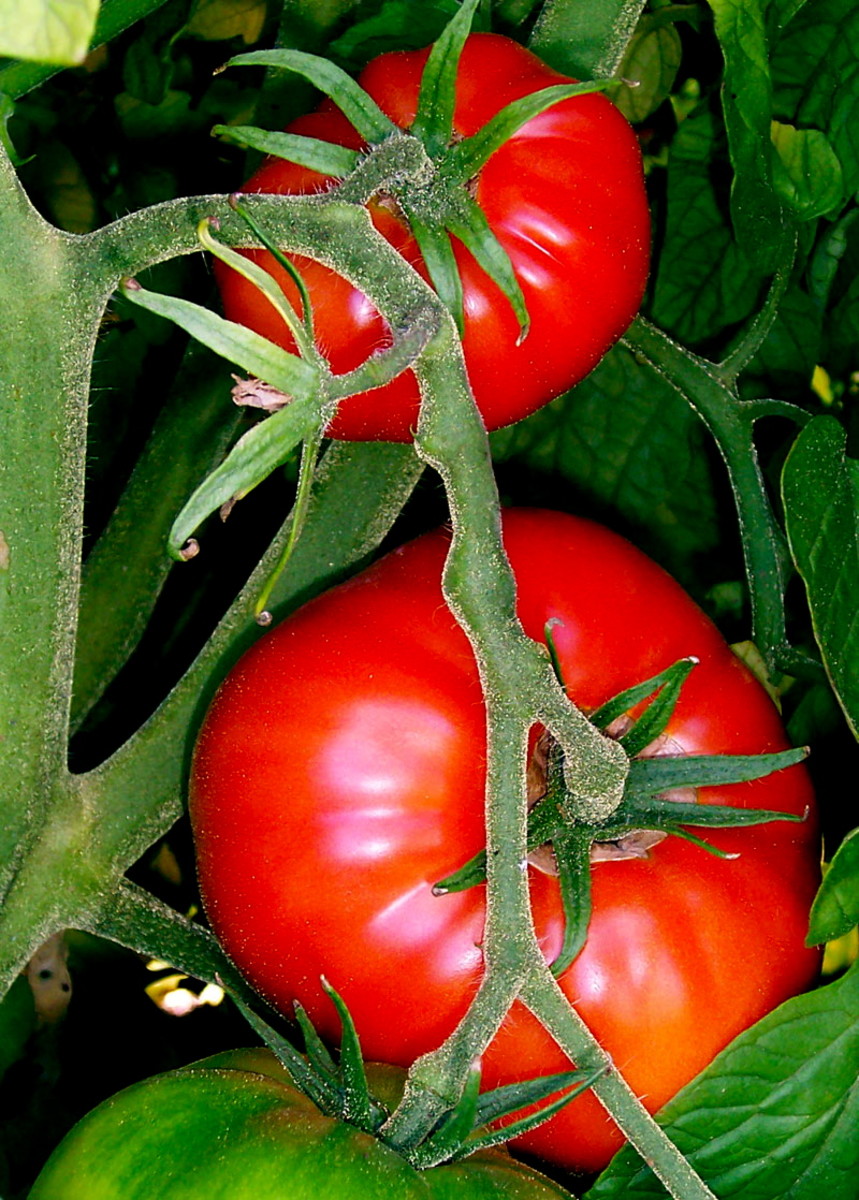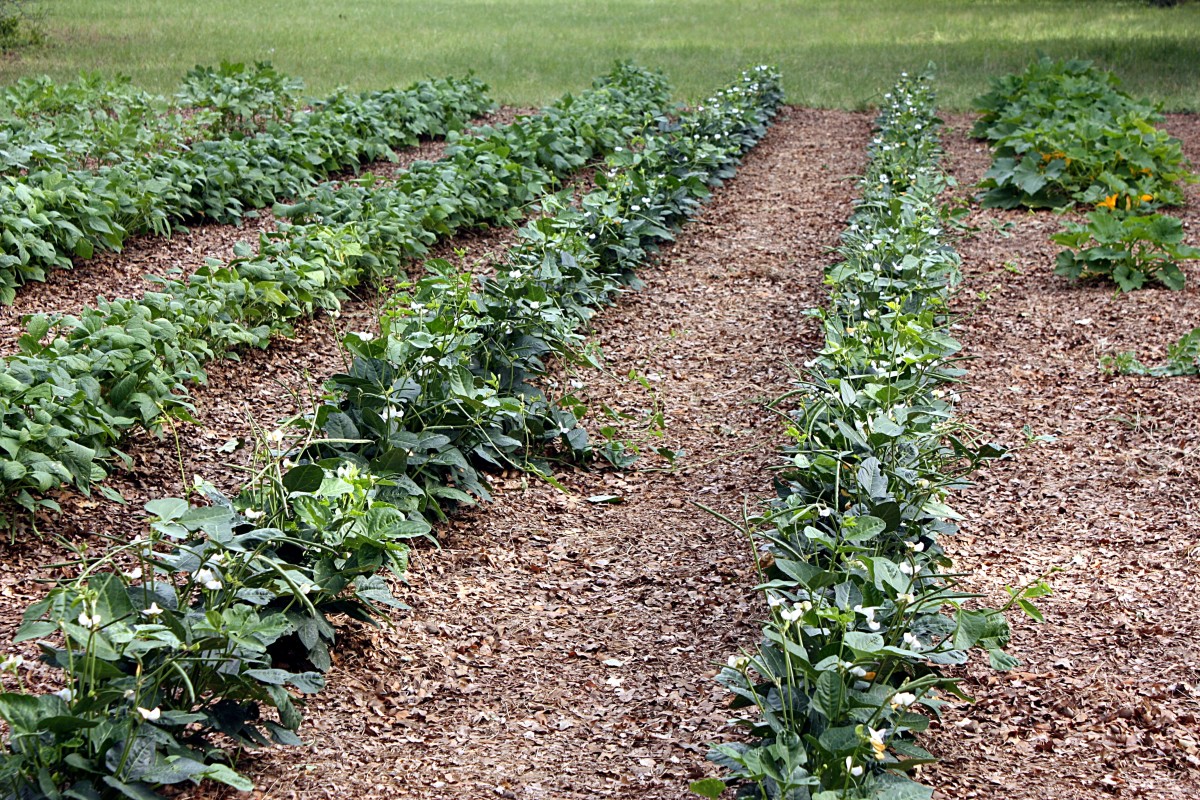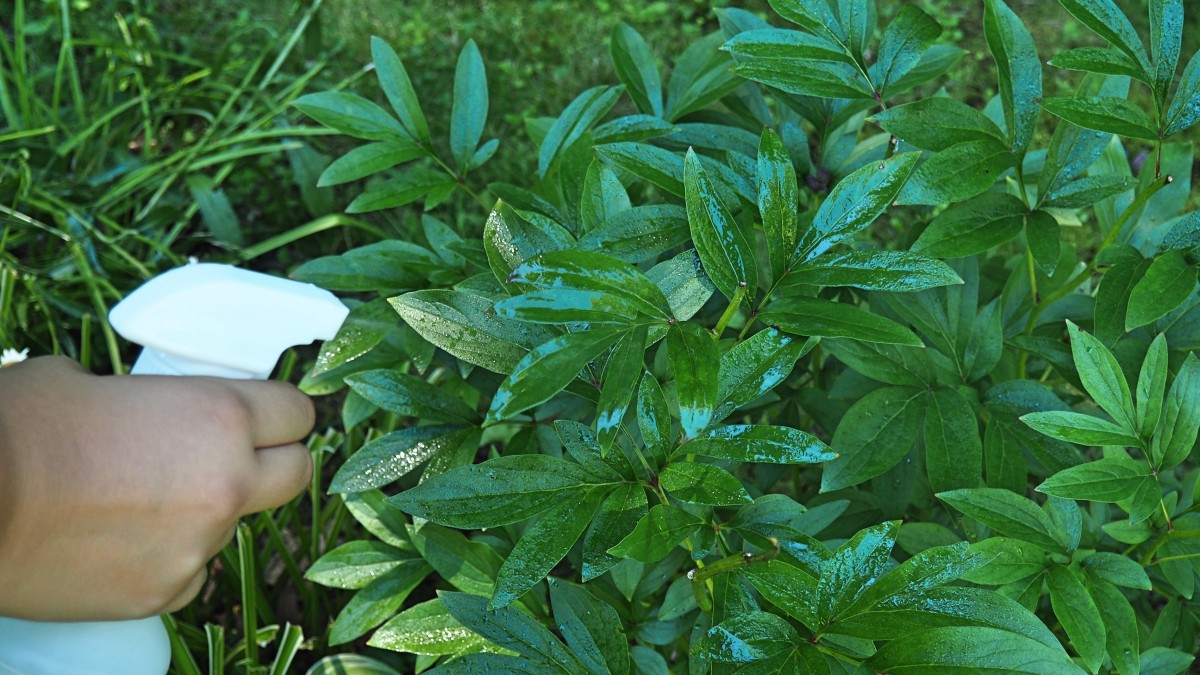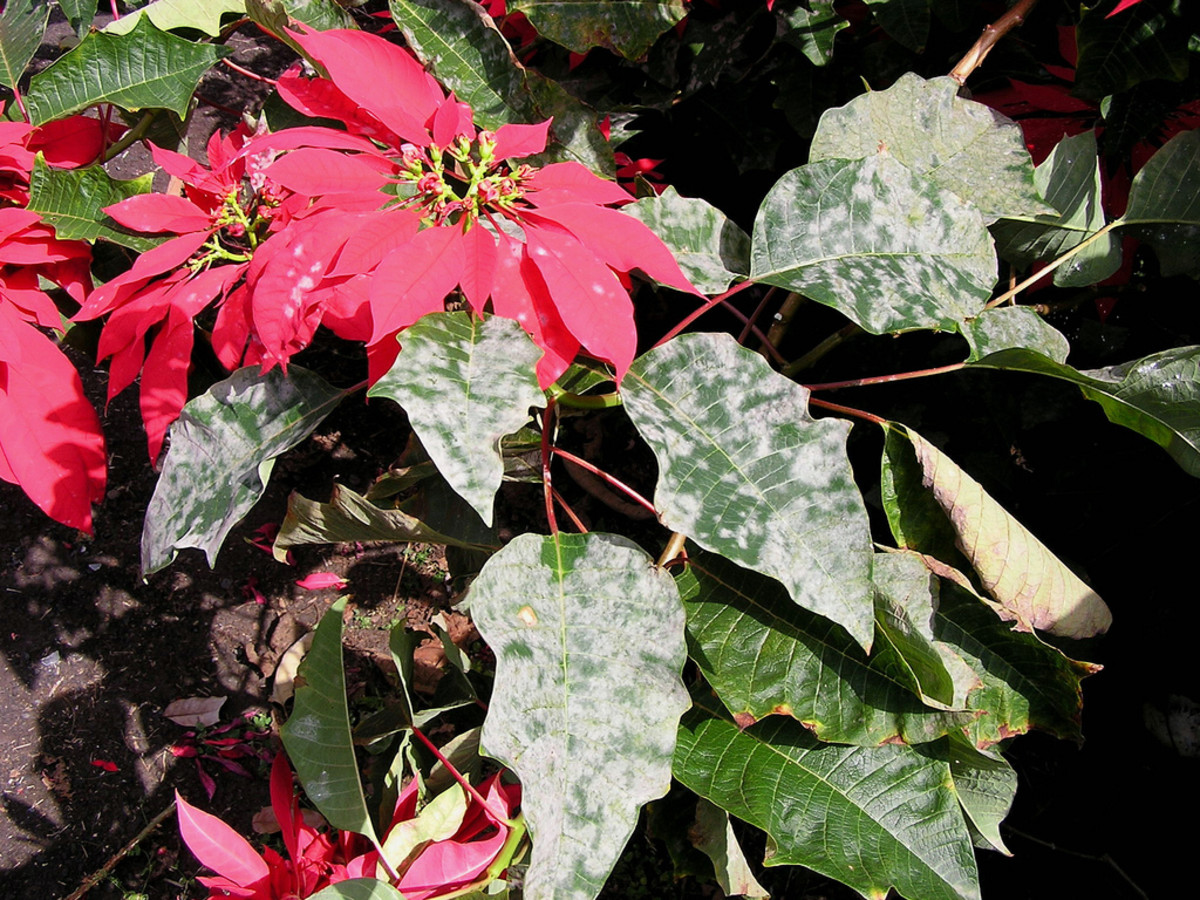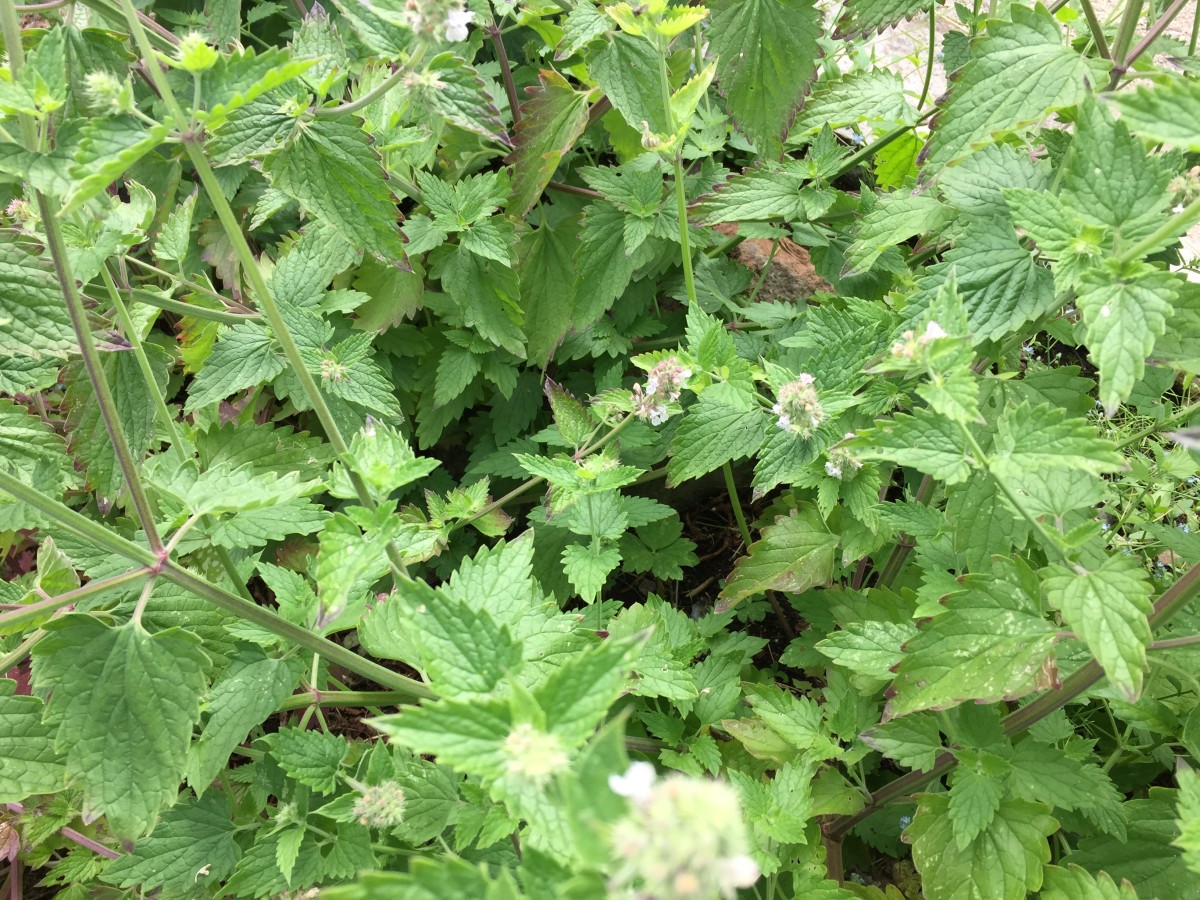How to Grow Organic Squash Successfully
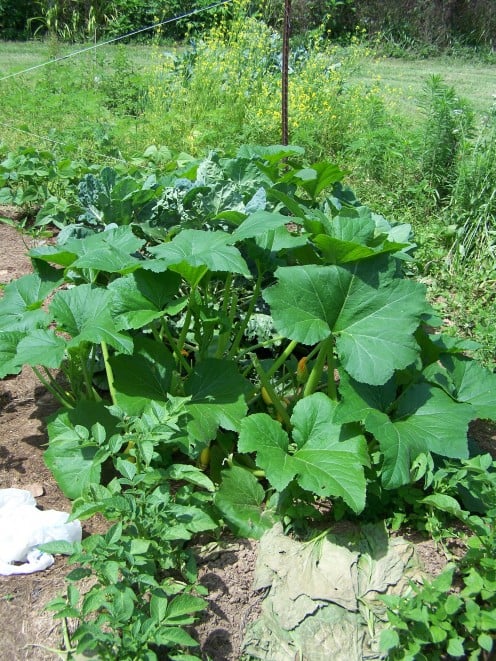
Squash is a staple in many gardens. It is an easy to grow vegetable that produces ample harvests. Keep reading to learn how to grow your own, easy-to-care-for organic squash.
© Copyright Notice ©
My photographs are mine, taken by me, with my camera. You may use them for personal reasons (desktop backgrounds, personal websites or you can print them for personal use.)
If you choose to use them on websites I require a link back to my HubPages. You may link to my profile or to one of my Hubs.
You may not use them without my permission or for profit.
I sell my art and if you are interested in purchasing it send me a message.
ALL of my articles are MINE and you may NOT use them for anything but reading on my page.
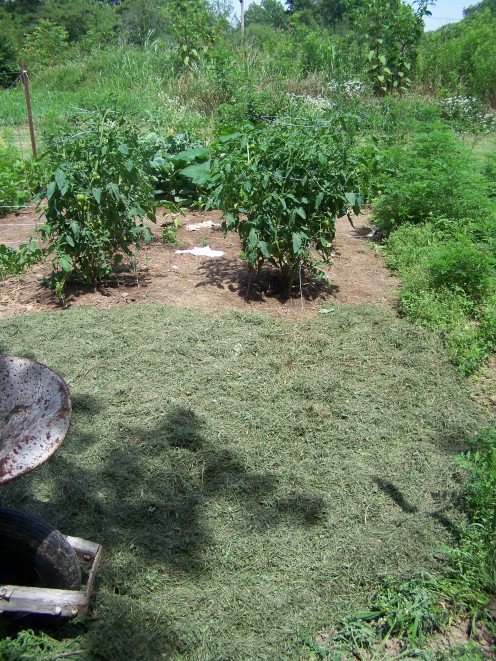
If you cannot dig in your ground, construct raised beds out of stone, wood, or even brush. The main thing is to build something that will hold the piled soil in the bed. Old twigs and even hard earth can be used to build up the sides of your raised beds.
Try lining the entire raised bed (the sides too) with masses of dried leaves or grass clippings. Grass clippings, especially when added wet, provide real holding power for the added soil.
Now all you do is fill the raised bed with good soil. Water it well and allow the soil to drain before planting in it.
If you take care with this method, even organic yard waste can be attractive in an informal garden.
Prepare the Ground.
Squash plants prefer loamy soils rich in organic matter. Till your soil deeply, if possible.
To the tilled soil, add as much organic matter as possible. Dried leaves, a bit of old straw and composted manure are great additions. Till these components into the soil. I like to use a sturdy 'tater rake to do this job. It provides a good work out.
Use Lots of Mulch.
Mulch will keep your soils' temperature stable and cut down on watering. One of the best benefits of mulch is its ability to prevent weeds from growing.
I add six inches to a foot of wet (fresh) grass clippings to my newly tilled gardens. When placing it wet, it forms a tight mat that works well in keeping weed-growth down.
To plant seeds or seedlings, simply pull back the area your plants go. You must not mulch over the seeds or they will fail to germinate. Avoid touching the base of the plant with the mulch as this can cause rotting. I leave a two-inch circle cleared around every plant.
Mulch the entire garden this way, even the walkways.
Fertilize Consistently.
Squash plants are heavy-feeders and grow best when allowed to eat to their hearts content! I avoid using high nitrogen fertilizers as they promote foliage at the expense of fruit.
My fertilizer consists of organic red wiggler castings, worm casting tea and well-composted chicken and goat manure. I compost my piling the manure in alternating layers of dried plant matter/soil/manure/dried plant matter/soil/manure. Allow this to compost until you get a crumbly, earthy mixture. Note, it is just a layer of about an inch of soil to each layer of manure and dried plant matter.
Add Red Wigglers.
I add red wigglers to the soil after I am done tilling. Do not till after adding your worms or it may kill them. I use the no-till method of growing after my initial tilling. Basically, I just add more compost to the top and never have to turn the soil again. So easy!
Protect your Soil From Foot Traffic.
Once your garden is in, only walk on the designated pathways. If you walk in the planting areas, you will compact the soil. Make your planting areas small enough you can reach the center without having to walk through them. I made very small trails through my large planting areas so I could walk without harming the rest of the soil.
Provide Full Sun.
Squash will grow and produce better if it is in full sun.You can grow it in slightly shaded areas though. Your plants will not produce as much if they do not receive full sun.
Harvest Squash Promptly.
Just like beans, the more you pick your squash, the better your harvests will be. Feed any overly-large squash to your livestock or compost it. Check your plants daily. It seems like overnight, the almost ready squash turns huge and pithy!
Be Patient.
It might take a while after your first blossoms to actually see fruit. Mine produced male flowers long before females began to open.
Use Diatomaceous Earth, Neem Oil or Natural Pyrethrum.
Avoid crop-loss by using these products carefully. Do not spray Willy-nilly though. Even though they are organic, they can still harm your beneficial insects. I like to spray plants, from the top with water and then soak the mulch with neem oil.
Diatomaceous earth will only work when dry and rain washes it away, Reapply after a decent rainstorm.
Pyrethrum kills most insects so use it carefully as well. I always avoid spraying the blossoms of any plant with pesticides. I don't want to kill my honeybees!
Kaolin clay is being used to some extent as a natural plant protector.
If you have any questions, feel free to leave a comment and I will reply as quickly as possible!

